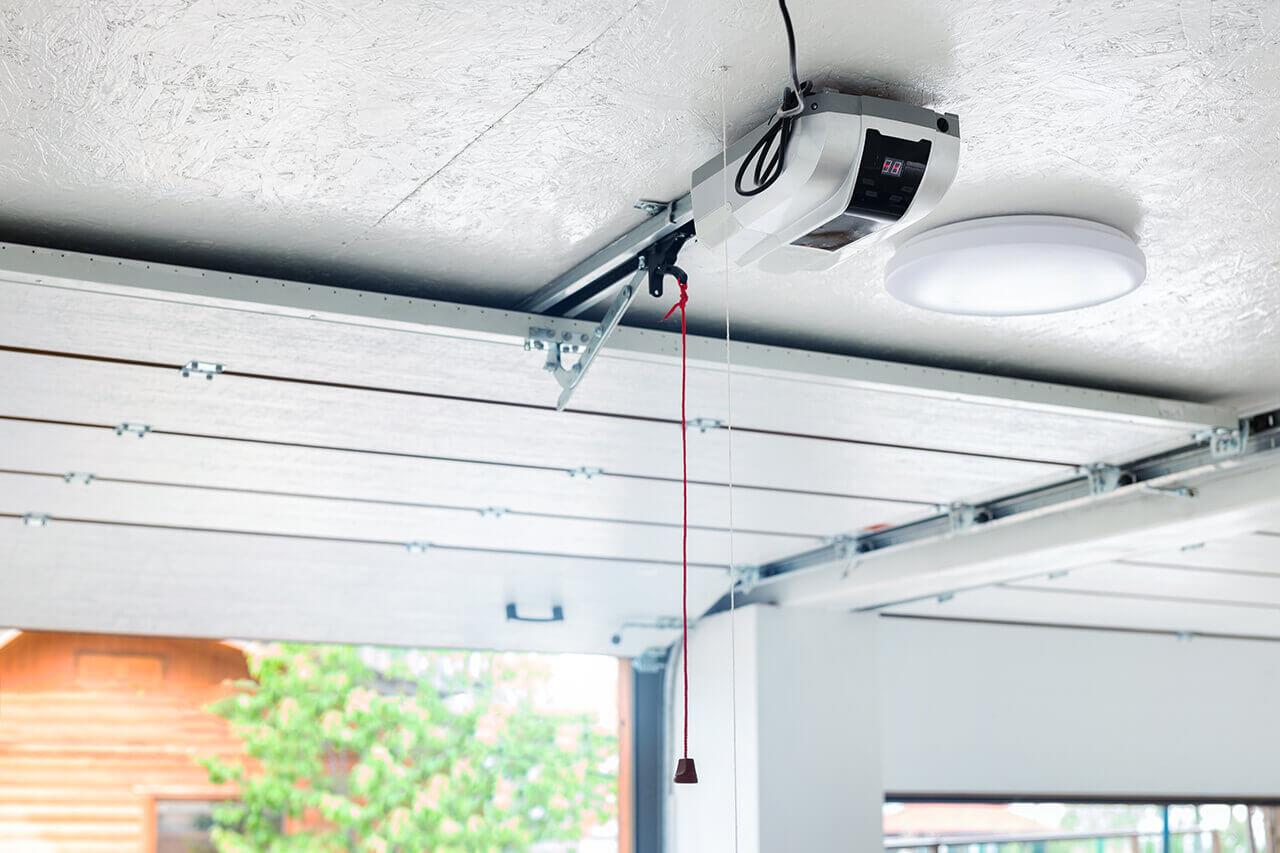When it comes to enhancing the curb appeal of your home or improving functionality, choosing the right garage door is essential. With so many styles available, how do you decide which one suits your needs? In this comprehensive guide, we’ll delve into the various styles of garage doors, their features, benefits, and what factors you should consider before making a decision.
Understanding Different Styles of Garage Doors: Which Is Right for You?
Selecting a garage door isn’t just about aesthetics; it's also about durability, insulation, and overall functionality. Whether you're looking for a traditional design or something more contemporary, garage doors come in different styles that cater to diverse preferences and requirements. So let’s take a closer look at the various options available on the market today.
Types of Garage Doors
1. Traditional Raised Panel Garage Doors
Traditional raised panel doors are perhaps the most common style found in suburban neighborhoods. These doors typically feature rectangular panels that are raised above the surface.
- Pros: Classic appearance Various materials available (wood, steel) Good insulation properties Cons: Requires regular maintenance if made of wood Can be heavy compared to other styles
2. Contemporary Flat Panel Garage Doors
Flat panel garage doors offer a sleek and minimalist look. They are often made from metal or fiberglass and exhibit clean lines without any intricate details.
- Pros: Modern aesthetic Available in various colors Less maintenance than traditional wood doors Cons: May not provide as much insulation as other types Can be prone to dents if made of thinner materials
3. Carriage Style Garage Doors
Carriage style doors mimic the look of old barn doors and can swing outwards or slide open. They add a rustic charm to any property.
- Pros: Unique design that enhances curb appeal Various materials including wood and steel Options for automated opening mechanisms Cons: More expensive due to custom designs Installation can be complex
4. Roll-Up Garage Doors
Roll-up garage doors are ideal for commercial spaces but have gained popularity in residential settings due to their practicality.
- Pros: Space-saving design Easy operation with a remote control system Durable against adverse weather conditions Cons: Limited aesthetic options compared to traditional styles Repairs can be costly if damaged
Factors to Consider When Choosing a Garage Door
5. Material Matters: Wood vs Steel vs Fiberglass
The material of your garage door significantly affects its durability, maintenance requirements, and insulation properties.
- Wood: Offers a classic look but requires regular upkeep. Steel: Highly durable and low-maintenance but can rust. Fiberglass: Lightweight and resistant to dents but may not insulate as well.
6. Insulation Properties: Keeping Your Home Comfortable
Garage door insulation is crucial if you use your garage as an additional living space or workshop. Insulated doors help maintain temperatures inside the garage while reducing energy costs.
When considering insulation, you should focus on:
- R-value (a measure of thermal resistance) Material thickness Sealing around edges
Garage Door Openers: A Key Component
Choosing an appropriate garage door opener is just as vital as selecting the door itself. The opener should fit seamlessly with your chosen style while providing reliable functionality.
7. Types of Garage Door Openers
Chain Drive Openers: Economical but noisy. Belt Drive Openers: Quieter operation with moderate pricing. Screw Drive Openers: Require less maintenance but may be slower.Garage Door Remotes: Convenience at Your Fingertips
Having a functional remote can make accessing your garage easier than ever:
Universal Remotes: Compatible with multiple brands. Smart Remotes: Allow smartphone access for added convenience.Maintenance Tips for Long-lasting Performance
Regular care will prolong the life of your garage door:
Inspect weather stripping regularly for wear. Lubricate moving parts every few months. Schedule professional garage door service annually.Common Questions About Garage Doors
1. What should I consider when replacing my garage door?
When contemplating garage door replacement, factor in style compatibility with your home’s architecture, budget constraints, desired insulation levels, and potential future repair needs.
2. How do I know if my garage door needs repairs?
Signs include unusual noises during operation, difficulty opening/closing, visible wear on components like springs or cables, and gaps in sealing that allow drafts or water incursion.
3. Can I install my new garage door myself?
While DIY installation is possible for experienced homeowners, hiring professionals ensures proper fitting and safety protocols are followed—saving you time and potential headaches down the line!
4. What type of insulation is best for my climate?
In colder climates, opt for higher R-values; conversely, milder areas may require less insulation since energy loss will be minimal.
5. Are there smart options available for modernized garages?
Absolutely! Many manufacturers now offer smart technology that integrates impact door installation and repair with home automation systems—allowing remote access through smartphones or voice-controlled devices!
6. How often should I schedule professional service?
It’s wise to have regular maintenance performed at least once yearly; however more frequent checks might be necessary depending on usage intensity!
Conclusion: Making Your Decision Count!
Understanding different styles of garage doors enables homeowners to select an option that perfectly balances aesthetics with functionality while meeting individual lifestyle needs!

Whether you're leaning towards traditional raised panel designs or opting for sleek contemporary flat panels—remember considerations such as material durability & insulating properties play crucial roles when determining what's right for YOU!
Taking all these aspects into account ensures maximum satisfaction regarding both immediate enjoyment AND long-term value enhancement within YOUR property!
So next time someone asks "Which is right for me?" You can confidently say—you've got this covered!